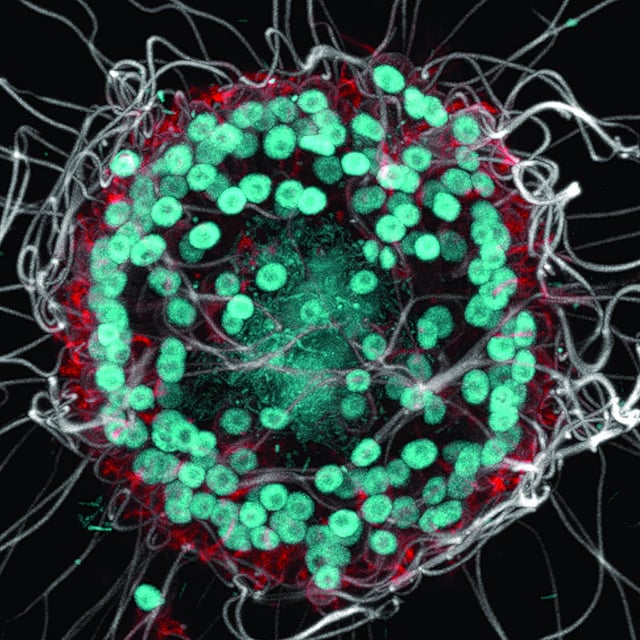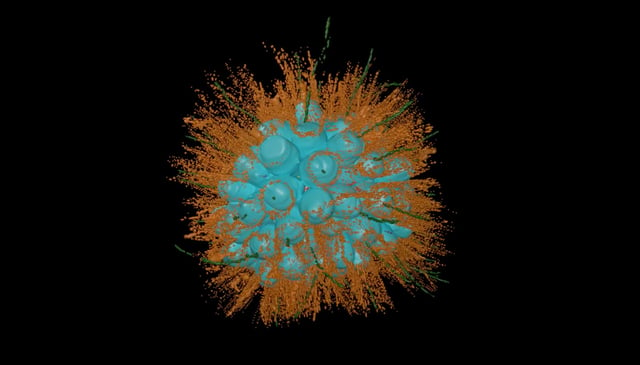Overview
- The newly named species, Barroeca monosierra, is a choanoflagellate found in the harsh conditions of Mono Lake.
- These microorganisms can form multicellular colonies, similar to early animal embryos.
- Barroeca monosierra is the first choanoflagellate known to maintain a stable relationship with bacteria.
- The discovery could help scientists understand the transition from single-celled to multicellular life.
- Further research is needed to explore the interactions between the choanoflagellates and their microbiomes.

